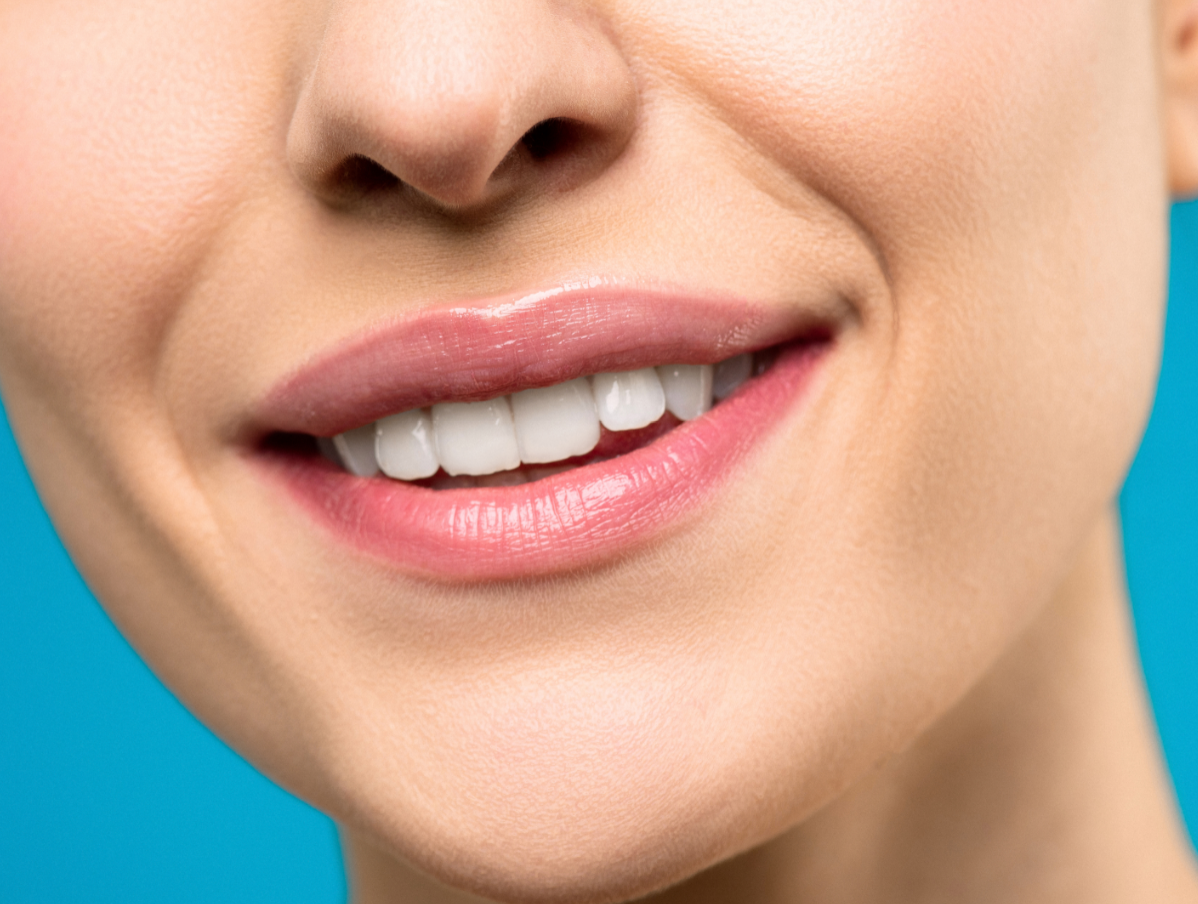You’ve been avoiding your favorite hot beverage in the morning. You stopped ordering soup with your sandwich for lunch. You even passed on ice cream at your birthday party. Lately, hot beverages and cold food bring discomfort to your teeth. If this sounds familiar, you probably have a common condition called tooth sensitivity.
What is Tooth Sensitivity?
Having sensitive teeth means you experience mild discomfort to severe pain when your teeth are exposed to certain stimuli. Common triggers for tooth sensitivity are cold air, hot or cold beverages, and cold or hot food.
What Causes Tooth Sensitivity?
Your teeth have an underlying tissue called dentin. Tooth sensitivity is the result of dentin becoming exposed, which is often due to worn tooth enamel or exposed tooth roots. Often, gums shrink (recede) naturally with age. As they recede, tooth roots become exposed.
Tooth enamel can deteriorate from brushing too aggressively, brushing with a hard-bristled toothbrush, or using an abrasive toothpaste. If the bristles on your toothbrush are curving outward rather than remaining straight and perpendicular to the handle, you’re probably brushing too hard. Brushing side to side along the gum line also may cause tooth sensitivity. Another way your tooth enamel can erode is from regularly consuming acidic food and drink such as soft drinks, pickles, or orange juice.
Other causes of tooth sensitivity include:
- Gum disease
- Cavities
- Cracked teeth
- Broken fillings
- Teeth grinding
Treating Sensitive Teeth
Your dentist will look into what’s causing your tooth sensitivity to determine the right solution for you. A number of treatments are available. Your dentist may recommend one or a combination of treatments. Here are popular treatment options:
- Desensitizing Toothpaste. These are over-the-counter products that relieve the pain of sensitive teeth. It may take up to a month of regular use for your symptoms to improve.
- Fluoride. If your tooth enamel is worn, your dentist may cover the affected areas with fluoride to strengthen them. Prescribing fluoride to apply at home is also an option.
- Filling. When tooth sensitivity is due to a cavity or a worn filling, a new filling may be all that’s needed.
- Bonding. Your dentist may cover exposed tooth roots with resin bonding.
- Preventing Tooth Sensitivity
Practice good oral hygiene. It’s important to gently brush your teeth for two minutes at least twice a day with fluoride toothpaste and a soft-bristled toothbrush. Brush at a 45-degree angle along your gum line. Your teeth should be flossed once every day.
Address teeth grinding. If you grind your teeth while sleeping, speak with your dentist about whether you should get fitted for a mouthguard.
Limit Highly Acidic Beverages. Many sodas, sports drinks, fruit juices, and energy drinks are highly acidic. While it’s best to avoid highly acidic beverages, drinking them with a straw reduces their contact with your teeth.
Follow acidic foods with water. Certain acidic foods like grapes, citrus fruits, tomatoes, and pineapples are good for your overall health. That’s why restricting your consumption of acidic fruits and vegetables isn’t recommended. However, drinking water after eating acidic food decreases how much acid remains in your mouth.
If you think you have sensitive teeth, a dentist can help stop the pain. An experienced dentist can examine your teeth and rule out other possible causes of your discomfort. Your dental health professional will work with you to find the right solution for your sensitive teeth.



